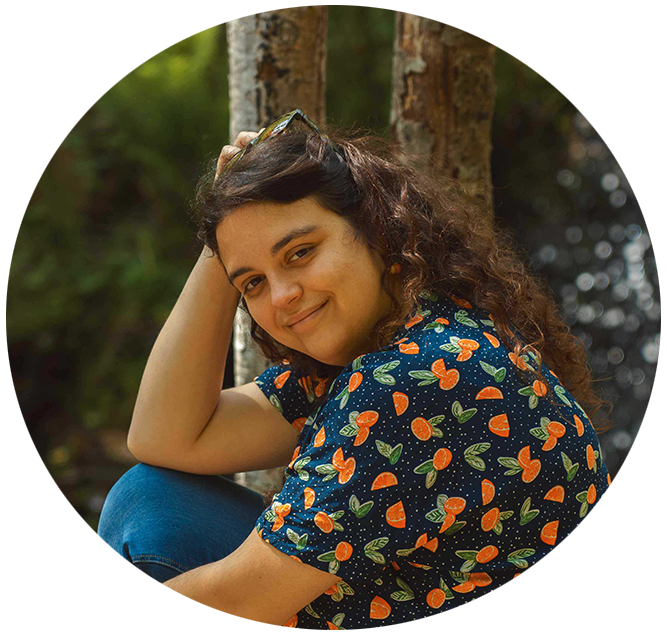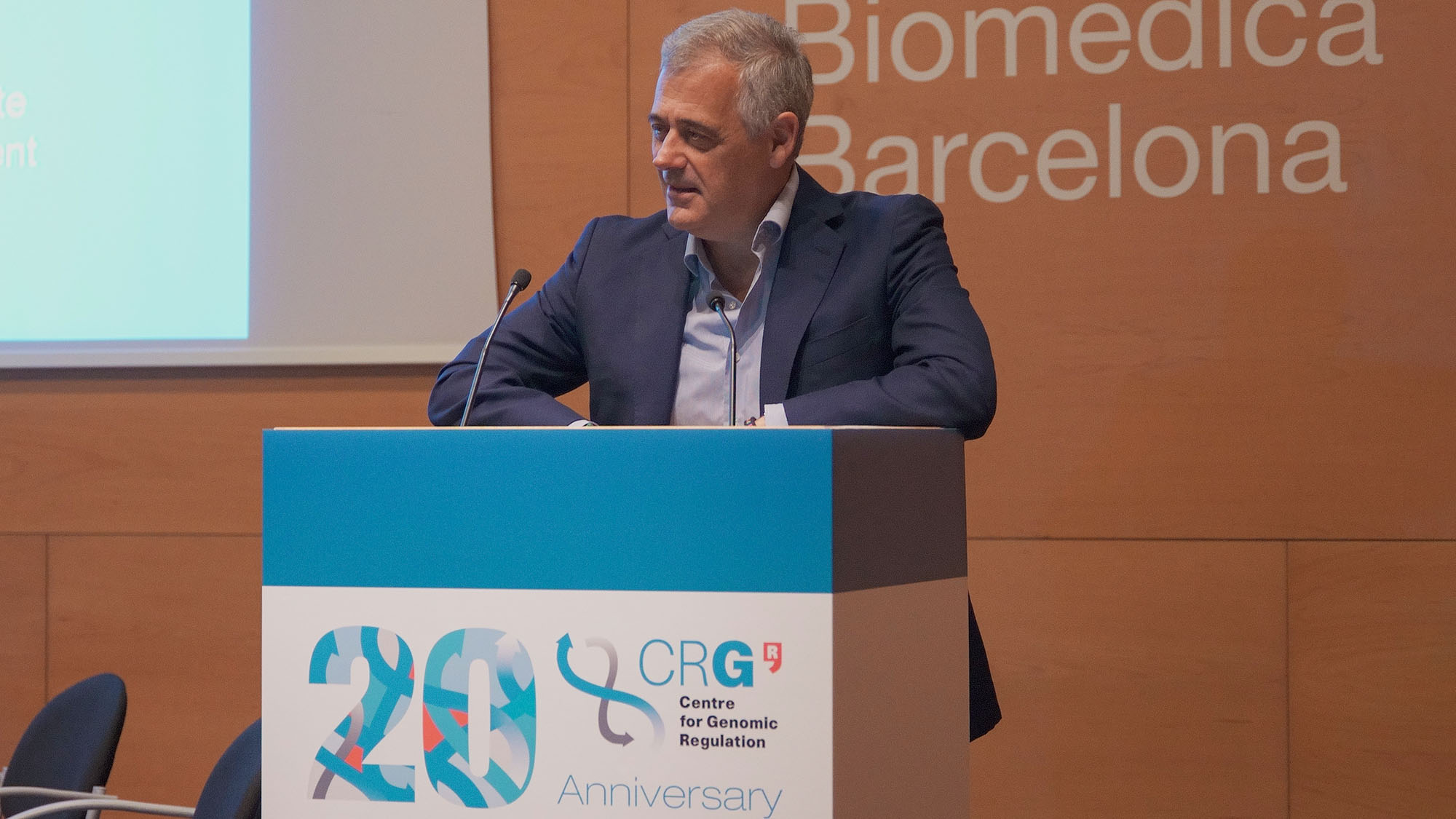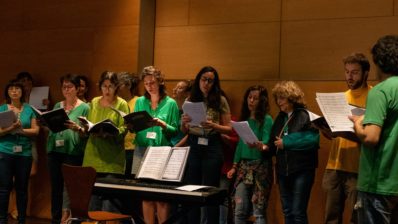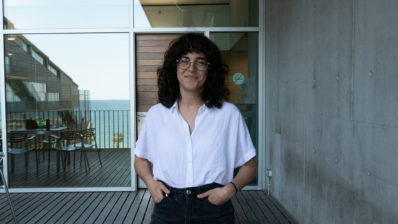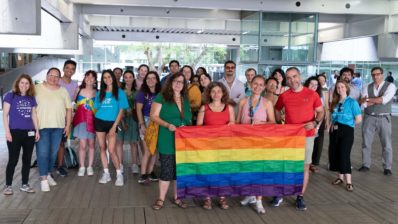In September 2002, the Centre for Genomic Regulation (CRG) launched its provisional laboratories, which four years later would be permanently established in the Barcelona Biomedical Research Park (PRBB). Since then, its achievements and milestones have been numerous: 20 very productive years of conducting excellent biomedical science.
This is evidenced by the more than 524 million euros managed during these two decades or the more than 3,800 articles published, of which 4 out of 5 are open access. Over 1,100 scientists from around the world (60 different countries) have worked at the CRG in these 20 years, and more than 300 doctoral candidates have presented their theses. The centre’s training program has offered more than 350 courses, both for internal and external personnel. And all of this has been supported by over 250 administrative and support personnel throughout these 20 years.
And of course, all of that has been linked to many advancements in the most modern science and the CRG’s significant focus on innovation, including the creation of 5 spin-offs.
On that note, we highlight a couple of recent examples of this technological innovation made possible through the centre’s effort and investment over these 20 years: the spin-off Orikine Bio and the collaboration with the space company YuriGmbH.
Immunotherapy based on cytokine enhancement
The spin-off Orikine Bio aims to provide a platform for therapies based on synthetic biology of cytokines – molecules that play a role in the immune response – for the treatment of autoimmune and inflammatory diseases.
“The creation of this company has been made possible through the development of state-of-the-art computational and experimental tools combined with decades of experience”, explains Luis Serrano, director of the CRG, who co-founded the company alongside Ariadna Montero (CRG Alumni), Javier Delgado, Alejo Chorny, and AdBio Partners.
“Our unique computational approach makes the protein design process highly flexible and adaptable to almost any target, accelerating the development of new drugs”
Ariadna Montero, Orikine Bio
The new platform allows users to modify the biological activity of cytokines. In this way, its creators hope that these enhanced molecules can be used in the treatment of the diseases where they play a role. The first investment round has concluded with 5.5 million euros, and it is expected that the first designed proteins will soon enter the preclinical phase.
Space science
The CRG and Yuri GmbH have established the first collaboration between a space biotechnology company and a biomedical research institute. This partnership will allow studying how the absence of gravity affects biological processes.
This research could be “beneficial for agriculture and food production, as well as for the discovery of new drugs or treatments“, explains Daniela Bezdam, scientific director of Yuri GmbH, because “in microgravity, certain biological processes tend to accelerate, leading to a faster maturation of living organisms“, she adds.
“The open and affordable access to experiments on low Earth orbit spacecraft is marking the beginning of a new and exciting era of space research”
Luis Serrano, CRG
Thanks to the reduction in shipping costs of materials to space and companies like Yuri, experiments in microgravity are becoming increasingly common in life sciences. In this case, the collaboration between the two institutions will begin by studying the survival and prosperity of “space bacteria,” obtained on the International Space Station.
